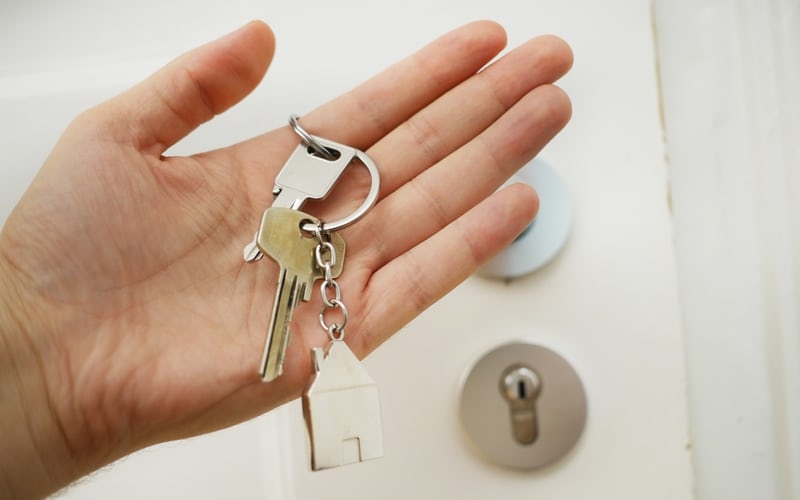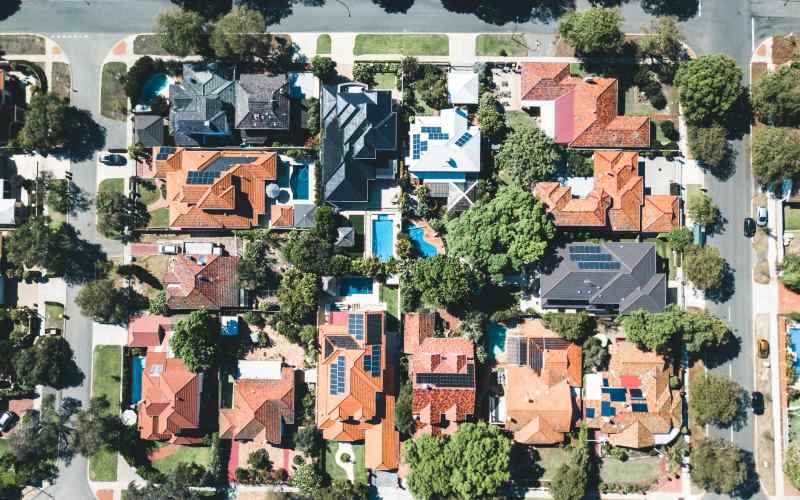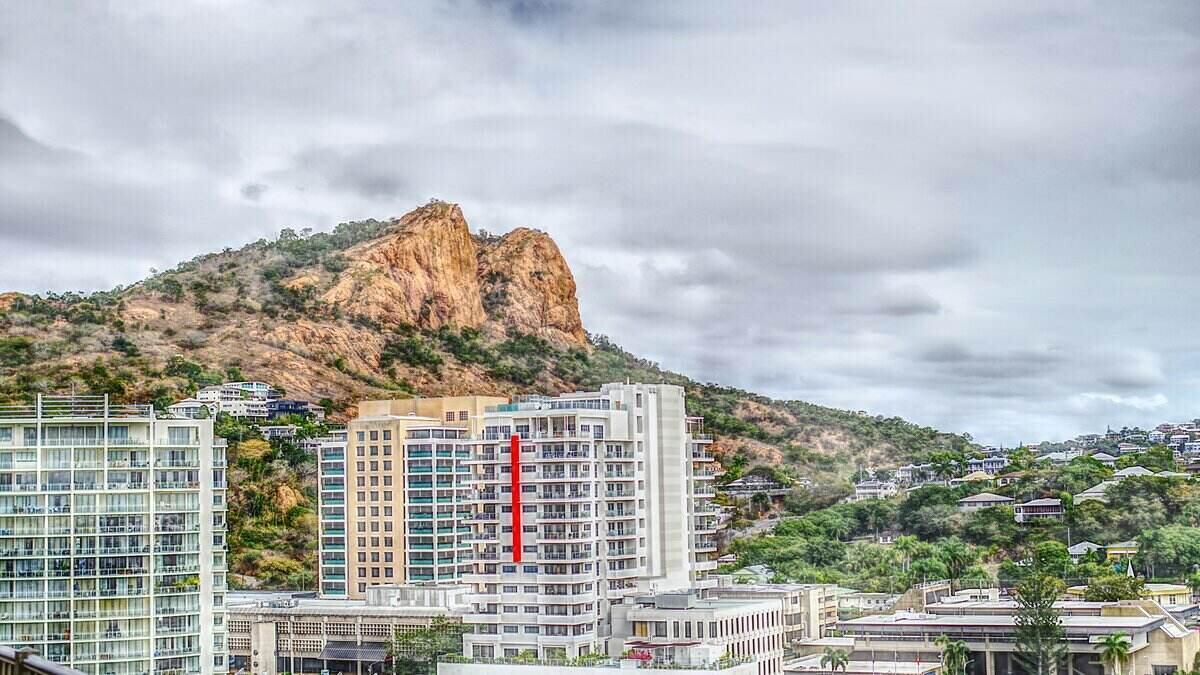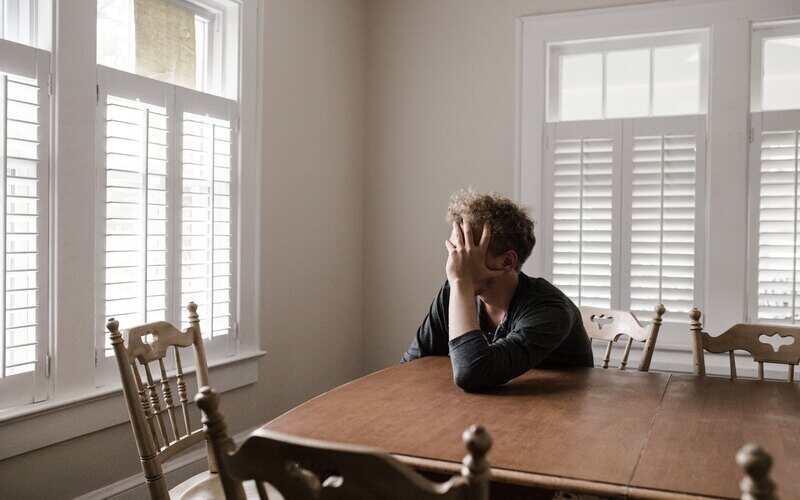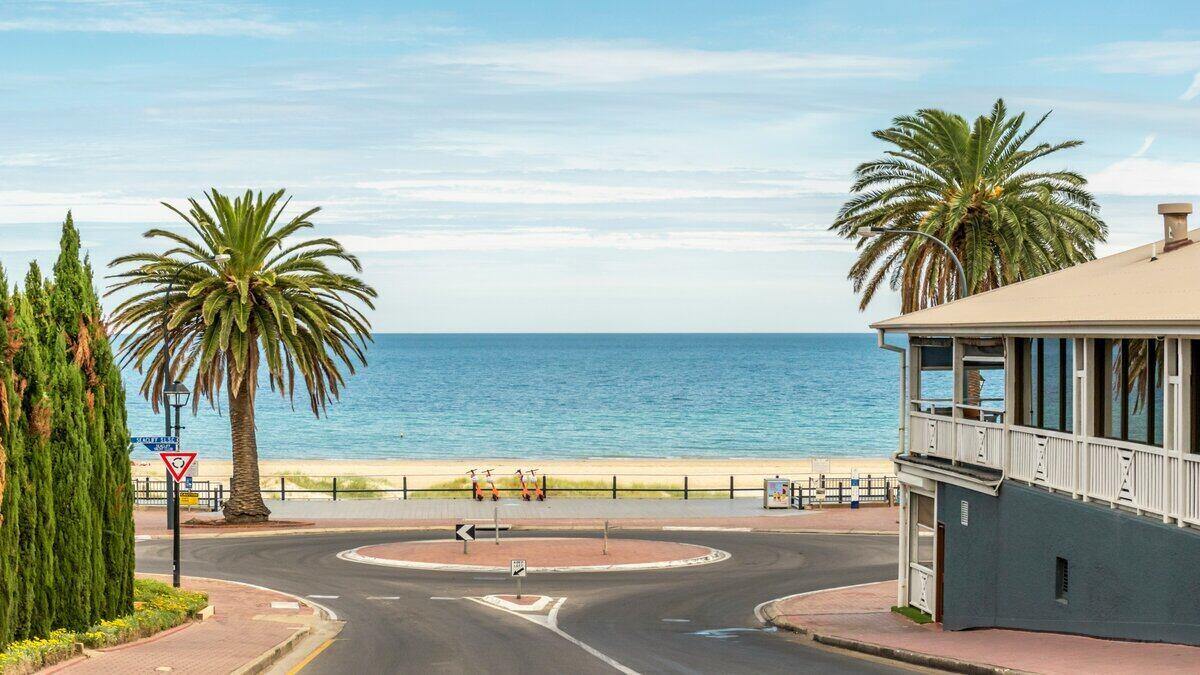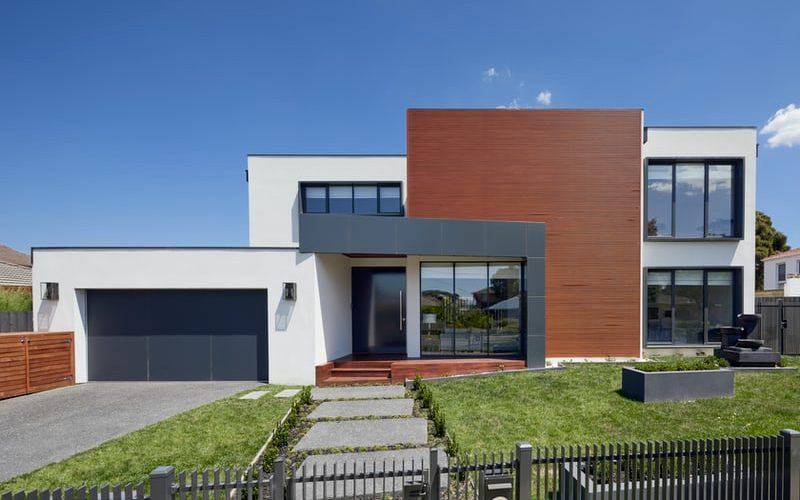The total value of residential real estate in Australia has reached $8.1 trillion for the first time, according to CoreLogic.
That's more than the gross domestic product (GDP) of every country on earth with the exception of the United States and China.
Buying a home or looking to refinance? The table below features home loans with some of the lowest interest rates on the market for owner occupiers.
| Lender | Home Loan | Interest Rate | Comparison Rate* | Monthly Repayment | Repayment type | Rate Type | Offset | Redraw | Ongoing Fees | Upfront Fees | Max LVR | Lump Sum Repayment | Extra Repayments | Split Loan Option | Tags | Features | Link | Compare | Promoted Product | Disclosure |
|---|---|---|---|---|---|---|---|---|---|---|---|---|---|---|---|---|---|---|---|---|
5.54% p.a. | 5.58% p.a. | $2,852 | Principal & Interest | Variable | $0 | $530 | 90% |
| Promoted | Disclosure | ||||||||||
5.49% p.a. | 5.40% p.a. | $2,836 | Principal & Interest | Variable | $0 | $0 | 80% |
| Promoted | Disclosure | ||||||||||
5.64% p.a. | 5.89% p.a. | $2,883 | Principal & Interest | Variable | $250 | $250 | 60% |
| Promoted | Disclosure | ||||||||||
5.64% p.a. | 5.89% p.a. | $2,883 | Principal & Interest | Variable | $248 | $350 | 60% |
|
It comes after months of runaway property prices across the country, with many markets now reaching their peak.
“The Australian dwelling market has reached fresh record highs for the past four months, but the end of April marked the first time the total value of Australian housing broke the $8 trillion dollar mark," said CoreLogic head of research Eliza Owen.
“This puts Australian residential property at around four times the size of Australian GDP, and around $1 trillion more than the combined value of the ASX, superannuation and commercial real estate stock combined."
Source: CoreLogic
To put that into perspective, Australia's superannuation industry is worth $3 trillion, less than half the value of residential real estate.
Meanwhile, Australian listed stocks are worth $2.7 trillion and commercial real estate is worth less than $1 trillion.
CoreLogic analysis shows more than half of household wealth is tied up in housing across 10.6 million dwellings.
With mortgage interest rates at record low levels, this is yet another sign of Australians taking advantage of cheap debt and pouring their money into the property market.
CoreLogic analysis shows in the three months to April, national property values soared by 6.8% - the highest quarterly dwelling growth rate since December 1988.
Last month, property values rose 1.8% according to CoreLogic figures after hitting a 32-year high in March.
The latest statistics from the Australian Bureau of Statistics (ABS) also show that new loan commitments soared 5.5% in March to hit a new record of over $30 billion in loans.
Recent SQM analysis found that in Sydney, property asking prices surged by a massive 6.1% in just four weeks as vendor confidence builds.
Ms Owen said this puts property owners in a strong position, but the news isn't as good for first home buyers.
“The increase in the value of residential real estate has put Australian home owners in a strong equity position, with the RBA estimating just 1.3% of housing loans to be in a negative equity position at the start of 2021," she said.
"However for many Australians looking to get a foot on the property ladder, the continued strength in the market is putting home ownership further out of reach despite record low mortgage rates.
"Wages growth simply isn’t keeping pace."
In a speech on Wednesday night, Reserve Bank (RBA) Deputy Governor Guy Debelle said the bank is more concerned with bringing down the high unemployment rate than addressing high house prices.
"It is important to remember that while housing prices may not rise as fast without the monetary stimulus, unemployment would definitely be materially higher without the monetary stimulus," Dr Debelle said.
"Unemployment clearly has large and persistent distributional consequences."
He added that while the economy has performed well on many fronts, wages growth, which is currently sitting at an historic low of 1.4%, is not one of those.
"While the Australian economy has experienced better employment outcomes than most other countries, wages growth in Australia has been noticeably weaker than in many comparable economies, most notably the United States."
Photo by Titus Aparici on Unsplash

Ready, Set, Buy!
Learn everything you need to know about buying property – from choosing the right property and home loan, to the purchasing process, tips to save money and more!
With bonus Q&A sheet and Crossword!
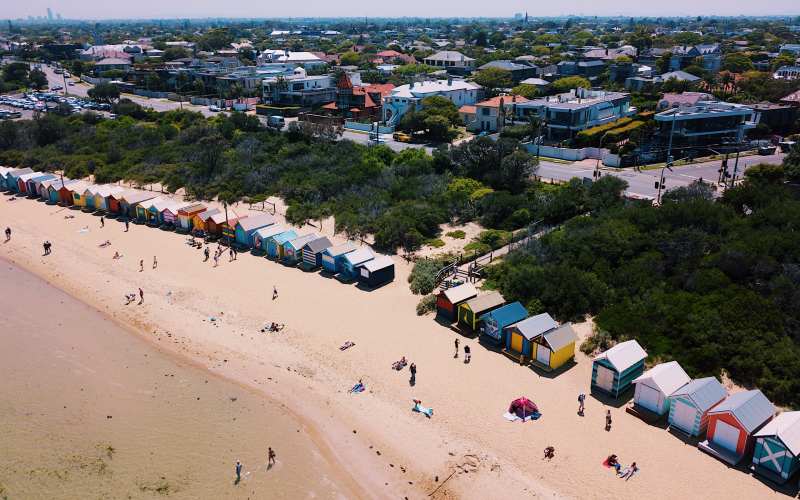







 Brooke Cooper
Brooke Cooper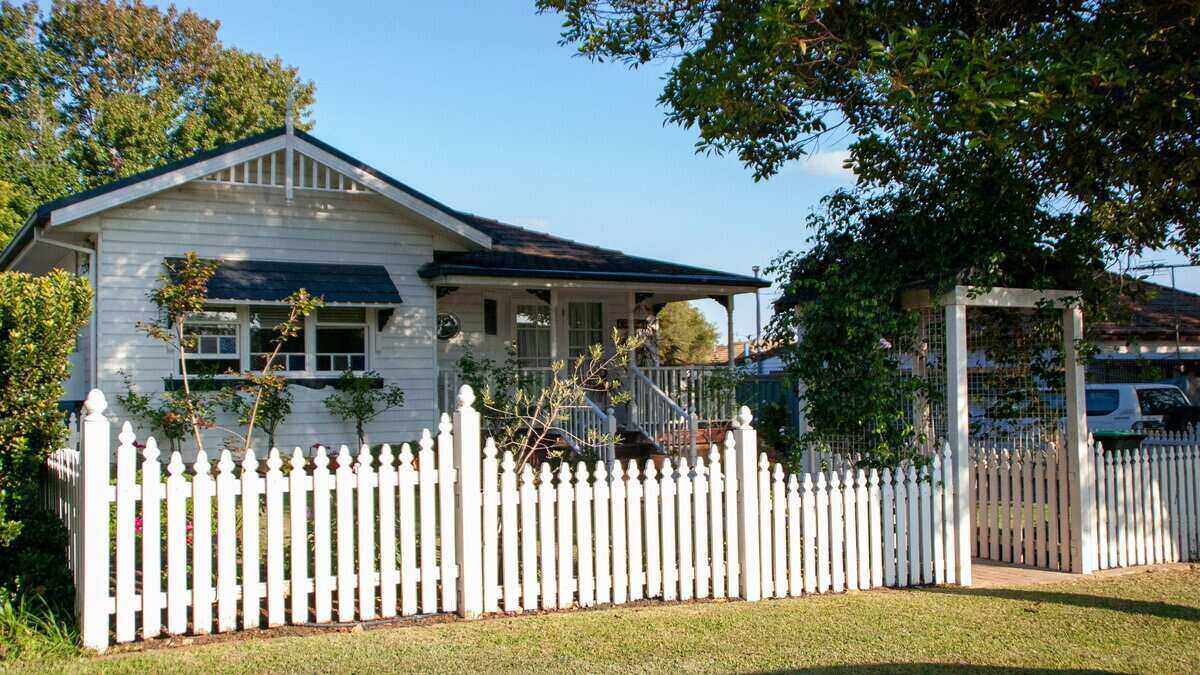
 Arjun Paliwal
Arjun Paliwal